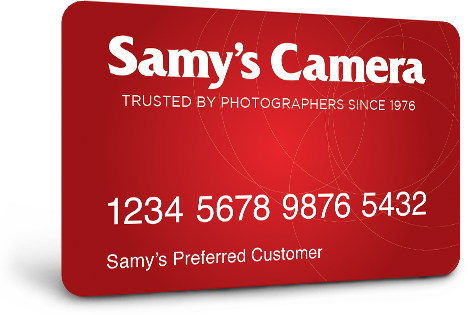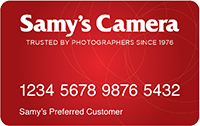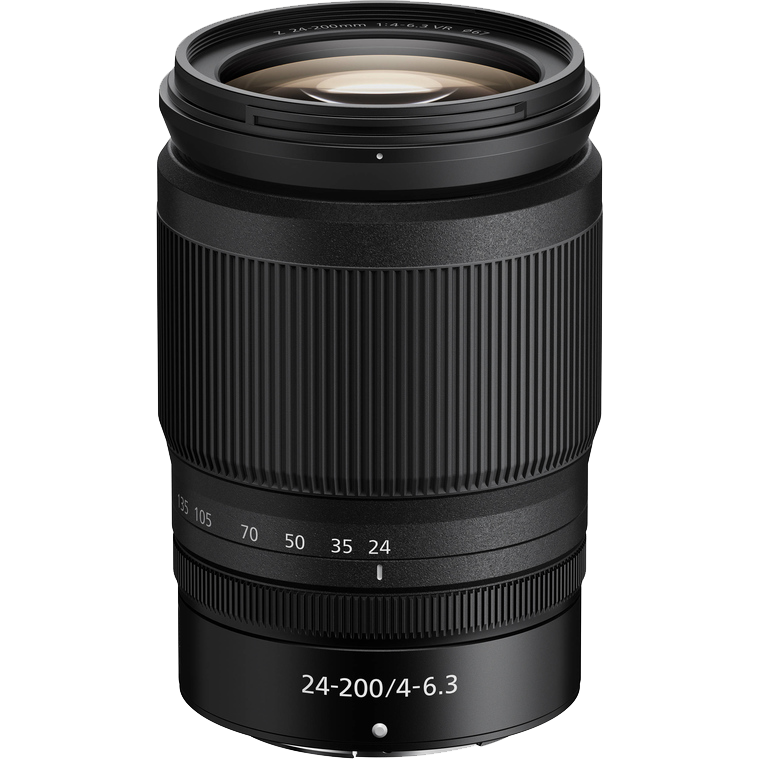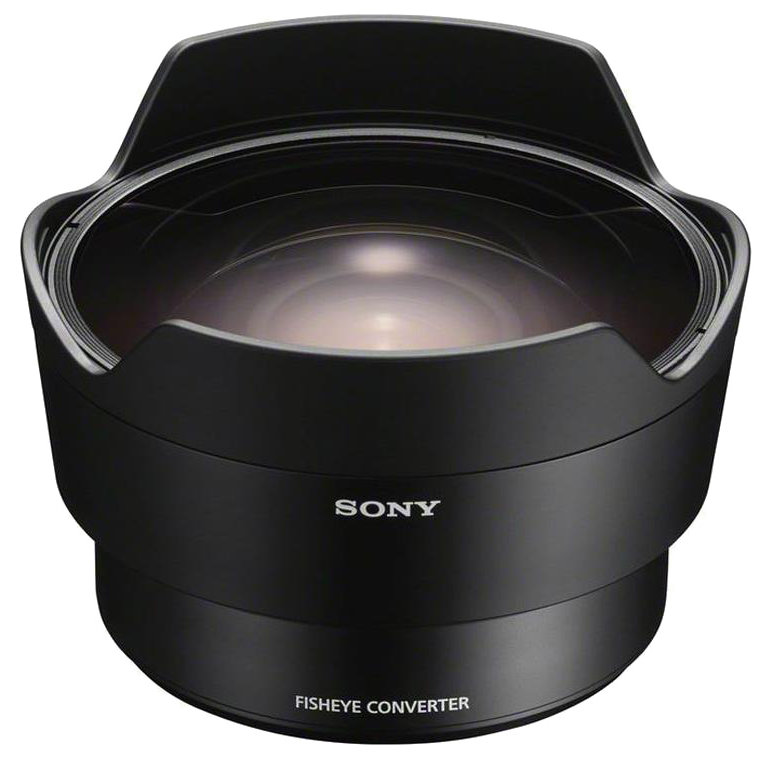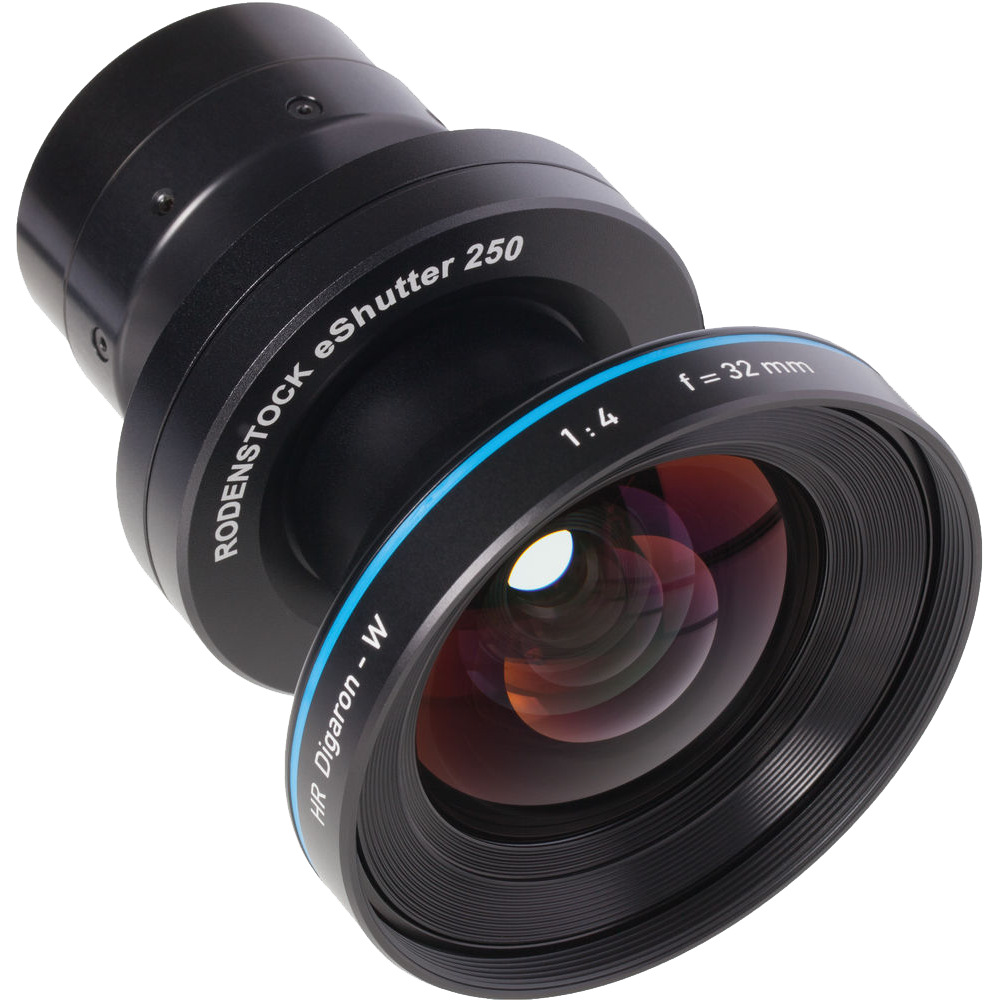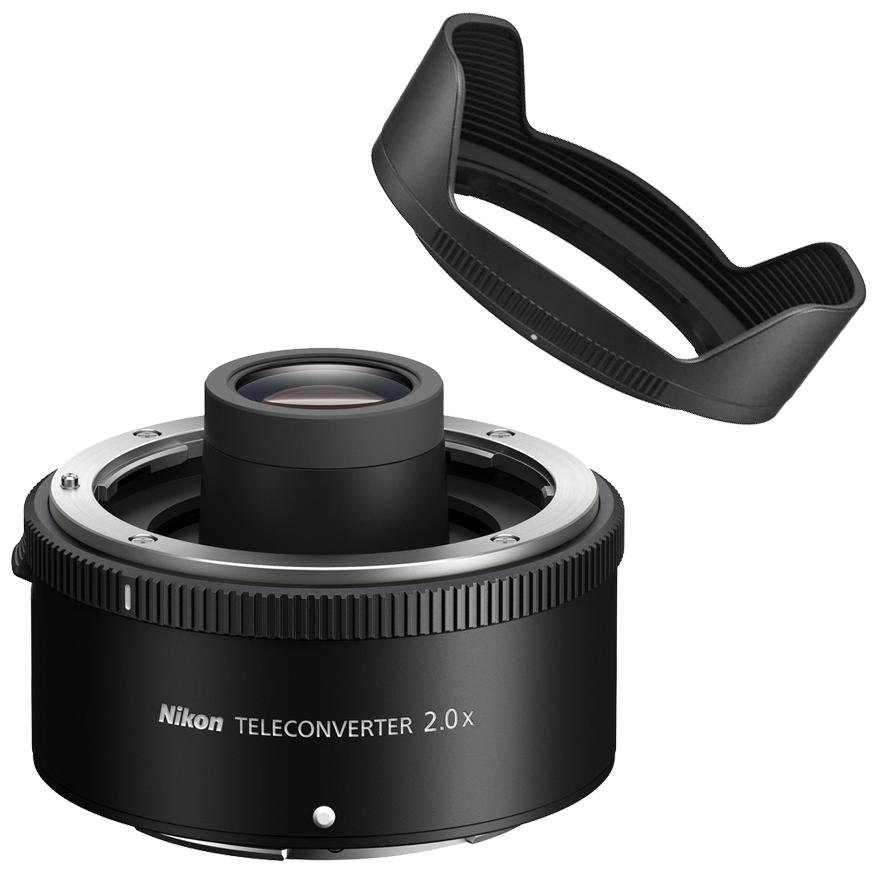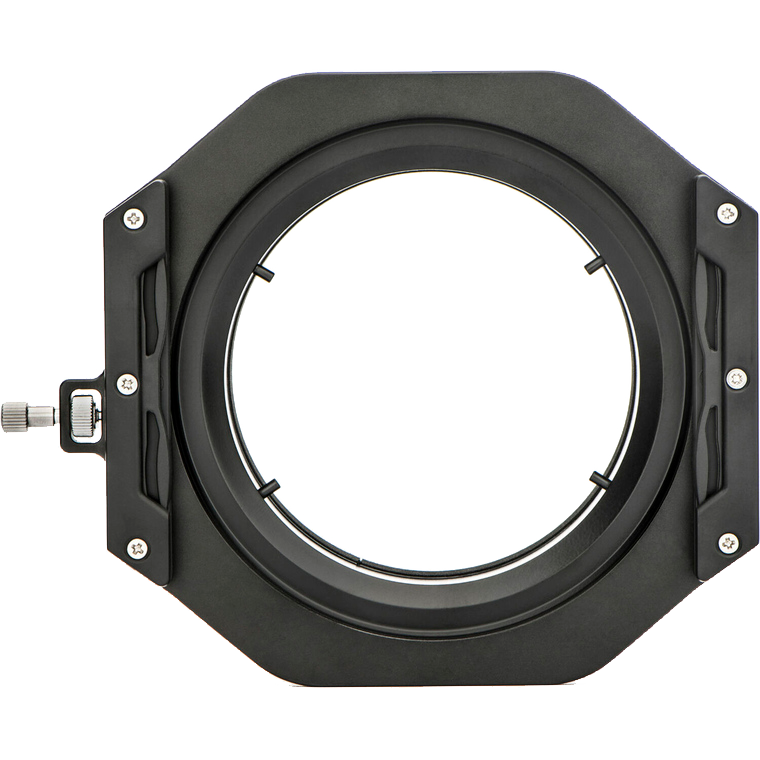Camera Lenses & Accessories for Every Photography Style
A camera is only as good as the lens attached to it. At Samy's Camera, we carry a wide selection of lenses and accessories designed to elevate your craft. Whether you're working with traditional DSLR cameras or the latest mirrorless cameras, the right optics and accessories will help you achieve sharper focus, greater creative control, and lasting protection for your gear.
Why Quality Lenses Matter
Lenses determine how light enters the camera, how much of the scene is captured, and how details are rendered. Each lens type serves specific creative purposes and addresses different photographic challenges.
Wide-angle lenses are popular among landscape and architectural photographers who want to emphasize scale and depth. Telephoto lenses allow you to capture distant action at sporting events or wildlife in their natural habitats. Macro lenses open up a whole world of detail, letting you get incredibly close to subjects like flowers, insects, or product textures.
Professionals often carry multiple lenses to adapt to different environments. Beginners can start with versatile zoom lenses that cover a range of focal lengths, providing flexibility while learning which shooting styles suit them best.
Essential Lens Types
Understanding lens categories helps you match your equipment to your creative goals. Here are the primary lens types photographers rely on:
- Wide-angle lenses (typically 17mm-40mm focal length) capture broad scenes and work well for landscapes, architecture, interior spaces, and environmental portraits
- Standard lenses (40mm-60mm) replicate what the human eye sees naturally, making them excellent for street photography, documentary work, and general-purpose shooting
- Telephoto lenses (70mm and longer) bring distant subjects closer, serving sports, wildlife, and portrait photographers who need compression and background separation
- Macro lenses enable extreme close-up photography with 1:1 reproduction ratios, revealing intricate details in small subjects
- Prime lenses feature fixed focal lengths and typically offer wider maximum apertures (f/1.4, f/1.8, f/2.8), delivering sharper images and superior low-light performance
- Zoom lenses provide variable focal lengths within a single lens, offering convenience and versatility without changing glass
Lens Accessories That Protect and Enhance
Accessories extend the life, performance, and versatility of your lenses. At Samy's Camera, you'll find an extensive selection tailored to both professionals and enthusiasts. Popular accessories include:
- Lens filters to reduce glare, control reflections, protect the front element, and enable creative exposure effects
- Lens hoods that minimize flare, improve contrast, and protect against bumps
- Lens caps to keep optics dust-free and secure when not in use
- Cleaning kits that include microfiber cloths, brushes, and lens-safe solutions for maintaining optical clarity
- Adapters to mount different lenses on your camera body, extending compatibility across systems
Understanding Lens Filters
Among lens accessories, filters deliver the most immediate creative and protective benefits. Three primary filter types serve distinct purposes:
UV and Protective Filters
UV filters originally reduced haze in film photography by blocking ultraviolet light. Modern digital sensors are less sensitive to UV radiation, but these clear filters remain valuable for lens protection. They shield the front element from scratches, dust, moisture, and fingerprints without affecting image quality. For photographers working in challenging environments like sandy beaches, dusty landscapes, or areas with high humidity, UV filters act as an affordable safety barrier.
Polarizing Filters
Circular polarizing filters (CPL) reduce reflections and glare from water, glass, and other reflective surfaces. They work by blocking specific polarized light rays as you rotate the filter. Polarizers deepen blue skies, increase color saturation in foliage, and reveal detail beneath water surfaces. Landscape photographers consider CPLs indispensable because they create effects that cannot be replicated in post-processing. Polarizing filters typically reduce light by approximately 1-2 stops, requiring compensation in exposure settings.
Neutral Density Filters
Neutral density (ND) filters reduce the amount of light entering the lens without affecting color balance. They function like sunglasses for your camera, enabling slower shutter speeds or wider apertures in bright conditions. ND filters come in various strengths measured in stops (0.3 ND = 1 stop, 0.6 ND = 2 stops, 0.9 ND = 3 stops). Photographers use ND filters to create motion blur in waterfalls and flowing water, achieve shallow depth of field in bright sunlight, and maintain optimal aperture settings when shooting video. Variable ND filters offer adjustable density by rotating the filter ring, though solid ND filters generally provide more consistent results for critical work.
Building a Complete Setup
Great lenses work best when paired with proper support and protection. Stability affects image sharpness, particularly in low light or during long exposures. Consider adding these complementary accessories to your kit:
For sharper images, especially in low light or long exposures, pair your lens with reliable tripods and support equipment. Tripods provide steady framing for landscapes, portraits, and video work, while compact travel tripods are excellent for those on the move.
Protecting your investment requires attention to storage and transport. High-quality camera bags and lens cases are designed with padded dividers to keep lenses safe from bumps, dust, and moisture. Whether you're carrying one lens or a full kit, the right bag makes transporting and organizing your gear effortless.
DSLR and Mirrorless Lens Compatibility
DSLR lenses are designed for bodies with optical viewfinders and longer flange distances. Mirrorless systems, with their shorter flange distance and electronic viewfinders, often support smaller, lighter lenses while maintaining excellent optical quality. Many brands offer adapters, letting photographers use their existing DSLR lenses on mirrorless bodies, extending the value of older collections while transitioning to current technology.
When choosing lenses, verify mount compatibility with your camera body. Canon, Sony, Nikon, Fujifilm, and other manufacturers use proprietary mounts. Third-party lens makers like Sigma and Tamron produce high-quality options compatible with most major systems, often providing excellent value without compromising image quality.
Photography Lenses and Accessories Reviews
Canon EF 24mm f/1.4L II Wide Angle USM AF Lens
"Was trying to find this lens everywhere and it was just simply not available. Gave Samy's a shot and They had some of the most hard to find items I needed in stock! Would definitely recommend this lens for anyone with the EF or RF Series camera it is still, to this day, a fantastic lens to have in your collection."
Thomas A, AZ.
Frequently Asked Questions
What camera lenses should I have as a beginner?
An 18-55mm kit lens provides a good all-around starting point for APS-C cameras, covering moderate wide-angle to short telephoto ranges. As you identify your preferred photography styles, add specialized lenses. Wide-angle lenses capture expansive landscapes and make small rooms appear larger. Telephoto zoom lenses bring far-off subjects closer for sports and wildlife. Macro lenses enable extreme close-up detail work. Building your lens collection based on actual shooting needs prevents unnecessary purchases.
Can I use DSLR lenses on mirrorless cameras?
Yes, with the right adapter. This flexibility allows you to use high-quality DSLR lenses on newer, more compact mirrorless bodies. Check compatibility to ensure functionality.
Are camera lenses waterproof?
Most lenses are not fully waterproof but offer varying degrees of weather resistance. Professional-grade lenses often feature weather sealing that handles splashes and light rain but not submersion. Always check manufacturer specifications for water resistance ratings, particularly if you frequently shoot in wet conditions.
What do lens attachments do?
Lens attachments serve various functions. Teleconverters increase focal length range, typically by 1.4x or 2x. Lens adapters allow you to use lenses on camera bodies they weren't originally designed for. Filters protect your lens, enhance light performance, reduce reflections, or enable creative exposure effects. Each attachment type addresses specific photographic challenges.
How do I clean a camera lens?
Use an air blower to remove loose dust and particles. Add a small amount of lens cleaning solution to a microfiber cloth (never directly on the lens). Wipe carefully in a circular motion, removing oil, smudges, and fingerprints. Avoid touching the lens element directly. Work gently since lens coatings are delicate. Store lenses with caps in place to minimize cleaning needs.
What are fisheye lenses?
Fisheye lenses are ultra wide-angle lenses (typically 15mm or shorter) that produce a curved, distorted image with an extremely wide field of view approaching 180 degrees. The resulting circular or hemispherical perspective resembles how a fish might see from underwater. These lenses work well for creative effects, immersive panoramic views, and specialized applications like action sports photography.
How should I store camera lenses?
Use lens caps on both front and rear elements to protect glass surfaces. Store lenses in a dry, cool environment to prevent mold growth. Humidity control is particularly important in warm climates. Many professionals store their lenses in hard camera cases with built-in compartments or padded dividers that prevent contact between items. Avoid storing lenses in hot vehicles or areas with temperature fluctuations.
Shop Lenses & Accessories at Samy's Camera
From wide-angle lenses to telephoto zooms, from protective filters to precision cleaning tools, Samy's Camera provides the complete lens ecosystem for photographers and videographers. Our team brings 40+ years of expertise helping photographers select the right optics for their creative vision. Whether you're building your first kit or expanding a professional collection, we offer expert guidance, fast shipping, and a carefully curated selection of quality gear.



